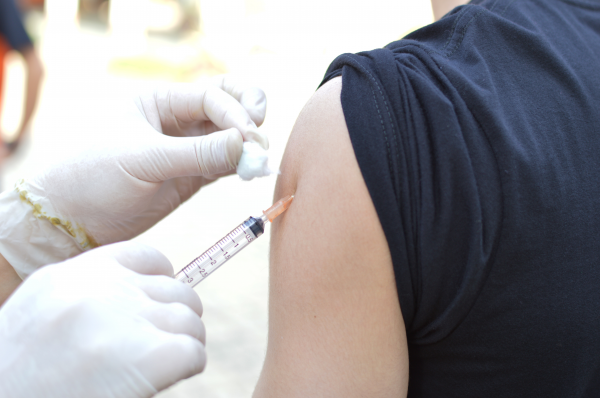A new policy paper from GSK, developed with the support of consulting firm HEARS, says Australia's proud record on immunisation as at risk of falling behind comparable countries.
The report, 'The Value of Vaccines: Ensuring Australia keeps pace with community values and international practice', will be officially launched at an event in Melbourne today.
According to the company, while the government-funded National Immunisation Program (NIP) has supported some of the highest vaccination rates in the world, especially for young children, the system is under increasing challenge.
“There are examples of clinically recommended vaccines that have been delayed or not been listed on the free ‘national’ scheme for various reasons, meaning these vaccines are only available through state or territory-based programs, or private prescription,” said Professor Terry Nolan AO FAHMS, the head of Melbourne's School of Population and Global Health at the University of Melbourne.
“This situation shines a light on the current mechanisms for measuring the value of preventative vaccines and the need for an informed debate on what updates might be required to maintain Australia’s leadership position.”
According to GSK Vaccines Medical Director, Dr Bishoy Rizkalla, “We have a system that was originally designed to assess the cost-effectiveness of therapeutic medicines, with vaccines only being added after the system was established. It is now becoming increasingly clear that this system has challenges in assessing the full value of preventative interventions such as vaccines.
“Like all good policy in a changing global environment, continuous improvement and refinement is essential to maintain best practice in the service of public good,” added Professor Nolan.
“In Australia, we need debate on how prevention and vaccines are valued, and this must include government, industry, technical experts, clinicians, and most importantly, consumers.”
The policy paper highlights what are described as "critical areas for discussion and debate" when it comes to vaccines.
It says the nature of health technology assessment in Australia "disregards the broad societal impact of immunisation", including benefits to families, carers and other areas of government expenditure, while the discount rate applied to future costs and benefits is high by international standard with the impact of making vaccines appear less cost-effective compared to medicines.
In addition, vaccines are disadvantaged through the application of a lower cost-effectiveness threshold compared to medicines, with the impact of applying a lower willingness to pay for lives saved through prevention.
The paper recommends three changes, including the application of a broader perspective of costs and benefits, lower discount rates and removing the current disadvantage applied to new prevention programs by adopting the same ‘willingness to pay’ for lives and morbidity saved by prevention and medicines.
